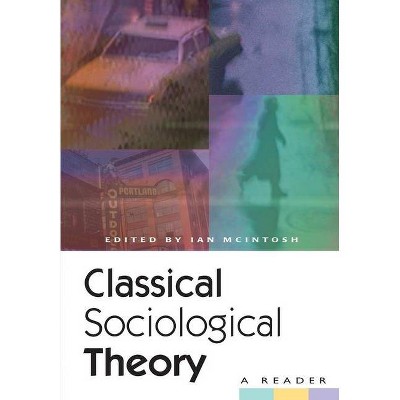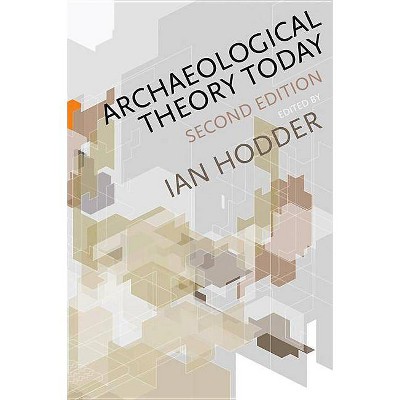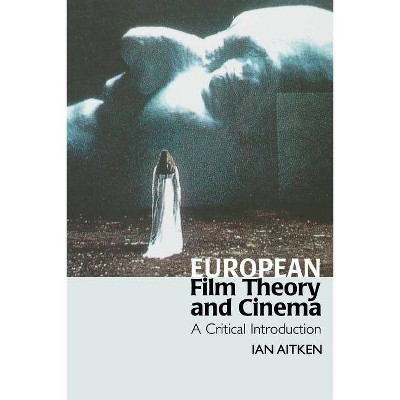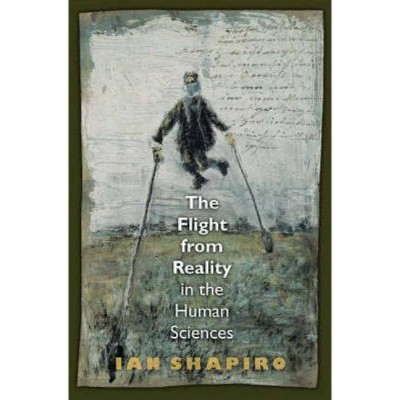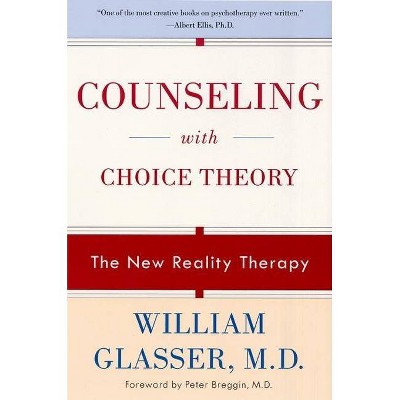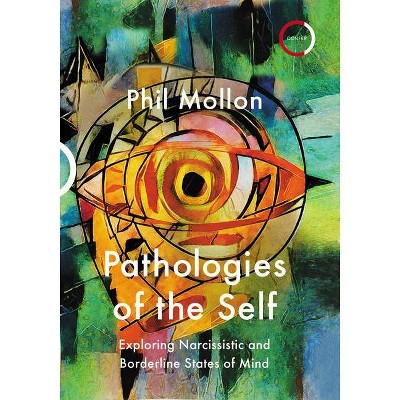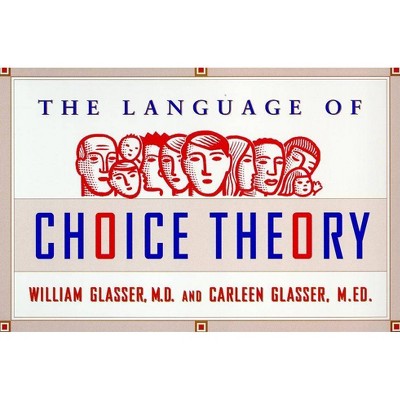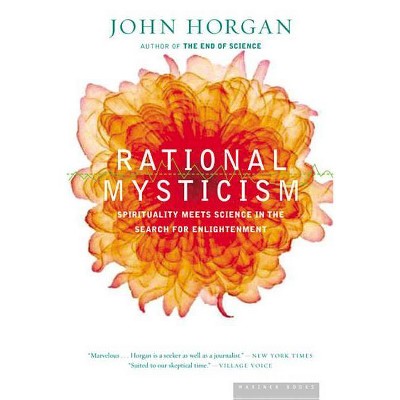Pathologies of Rational Choice Theory - by Ian Shapiro (Paperback)
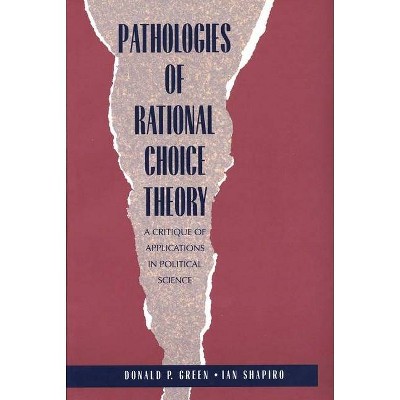
Similar Products
Products of same category from the store
AllProduct info
<p/><br></br><p><b> Book Synopsis </b></p></br></br>This is the first comprehensive critical evaluation of the use of rational choice theory in political science. Writing in an accessible and nontechnical style, Donald P. Green and Ian Shapiro assess rational choice theory where it is reputed to be most successful: the study of collective action, the behavior of political parties and politicians, and such phenomena as voting cycles and Prisoner's Dilemmas. In their hard-hitting critique, Green and Shapiro demonstrate that the much heralded achievements of rational choice theory are in fact deeply suspect and that fundamental rethinking is needed if rational choice theorists are to contribute to the understanding of politics. In their final chapters, they anticipate and respond to a variety of possible rational choice responses to their arguments, thereby initiating a dialogue that is bound to continue for some time.<p/><br></br><p><b> From the Back Cover </b></p></br></br>This is the first comprehensive critical evaluation of the use of rational choice explanations in political science. Writing in an accessible and nontechnical style, Donald P. Green and Ian Shapiro assess rational choice theory where it is reputed to be most successful: the study of collective action, the behavior of political parties and politicians, and such phenomena as voting cycles and Prisoner's Dilemmas. In their hard-hitting critique, Green and Shapiro demonstrate that the much-heralded achievements of rational choice theory are in fact deeply suspect and that fundamental rethinking is needed if rational choice theorists are to contribute to the understanding of politics. Green and Shapiro show that empirical tests of rational choice theories are marred by a series of methodological defects. These defects flow from the characteristic rational choice impulse to defend universal theories of politics. As a result, many tests are so poorly conducted as to be irrelevant to evaluating rational choice models. Tests that are properly conducted either tend to undermine rational choice theories or to lend support for propositions that are banal. Green and Shapiro offer numerous suggestions as to how rational choice propositions might be reformulated as parts of testable hypotheses for the study of politics. In a final chapter they anticipate and respond to a variety of rational choice counterarguments, thereby initiating a dialogue that is bound to continue for some time.
Price History
Price Archive shows prices from various stores, lets you see history and find the cheapest. There is no actual sale on the website. For all support, inquiry and suggestion messages communication@pricearchive.us
